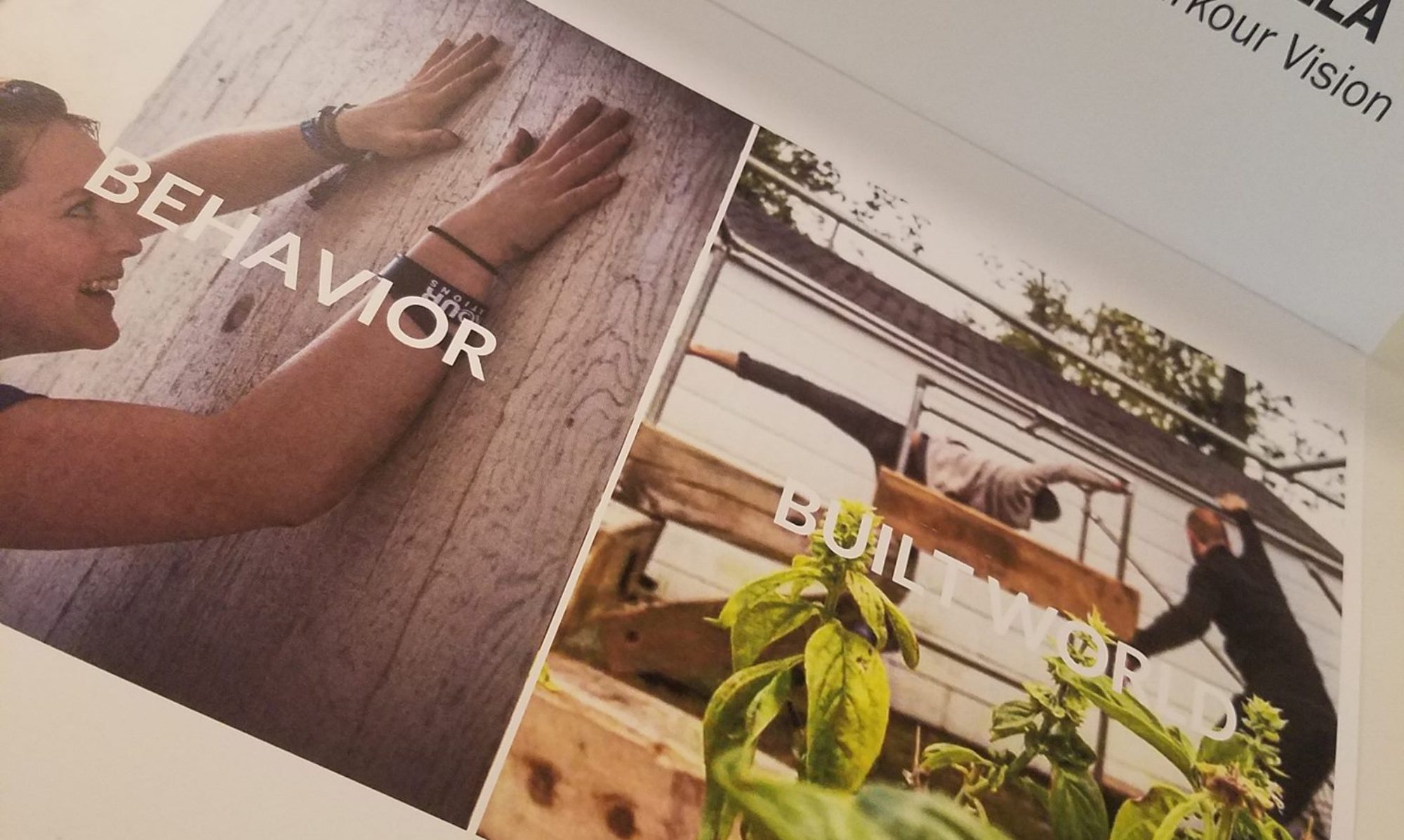
It was a Saturday afternoon in February. Bright, cold sunlight beamed in through our plant-laden living room window, warming Bella as she lay on the floor. Our tiny Buddha sat on the window sill watching us intently– a gift I gave to you symbolizing the peace I hoped we find. Next to him sat a small metal leaf plate with a cone of incense smoking–a gift you gave to me to signify the turning over of a new leaf together in our relationship.
The Buddha and the Leaf–Peace and Love; This is what we wanted for each other, and our relationship.
I remember our conversation that day so clearly, though ‘conversation’ is a generous way of describing what happened. You were standing with your back to me at the sink in our brick-walled kitchen, washing dishes with such vigor that I thought they might break between your fingers. Methodical. Focused. An effort to shut out the noise. I sat at the long wooden dining table that we had build together, white knuckled and fuming. I tapped my foot, my fingers. Impatience. Frustration. Hopelessness. Restlessness.
Leaning back, my eyes darted around the apartment as I tried to figure out what to say next. Something kind, healing. Something that made you understand that I loved and missed you. Something that would just end this fight, and all the fights. Yet everywhere I looked I was met with the memory of past conversations, sparking defensiveness and revealing hurt I had previously swept under the rug. My wall of books were ‘obnoxious’, you said. The couch-‘uncomfortable’. The cats – ‘unwanted’. Too many pots, tea cups, and art that belonged to me. Too much of me, in general.
The reality was that we both were hurting that day, and had been for months–deeply desiring to connect and yet unable to communicate past our personal pain. Each attempt to speak was a superhuman act of love …as well as a textbook case of how limiting stories can blind and deafen us.
This particular morning we flung words at one another with little care to how they landed or the harm being inflicted.
The conversation finally peaked. “You know what, Caitlin?” You stopped suddenly and turned around to face me, a pot in one hand and a brush in the other, soapy water dripping all over the floor. Without flinching or blinking, you said with such certainty that I couldn’t believe it to be anything but the utter truth: “They say that you are the sum of the five people you spend the most time around. I spend the most time with you and I hate who I’ve become.”
I moved out that day, and have never forgotten those words.
“Words are events, they do things, change things,” wrote Ursula K. Le Guin in her book The Wave in the Mind.
I often ask people “What is something someone has said to you that you will never forget?” The answers that come up most often, not surprisingly, are words of critique or harm, echoing the darker shades of shame, sadness, and insecurity that inhabit our hearts. Usually they’re delivered by those we hold closest–friends, family, lovers–and their power often grasps us by surprise and sends us reeling.
Painful, but also pivotal–and frequently sparking significant life change and introspection.
One of the most valuable lessons I learned in that relationship was that there are words that can not be unheard or unsaid. Words that will echo in the dark parts of the night. Words that water the unsprouted seeds of doubt and insecurity planted in our hearts, Words that burrow and fester into something self-destructive, Words that cut to the very pith of who we are. Words that have the power to radically and permanently change how we see ourselves, our relationships, and our world.
The worst part is no amount of introspection and self-awareness can prepare you, because they sit in your blind spots or in hiding spaces, waiting for the right time. In fact, words that would otherwise be innocuous quickly transform into an explosive and destructive force when finally colored by the right time, place, emotion, and speaker. And once you’ve felt them, heard them, uttered them–something has to change. No going back.
Forgiveness?
David Whyte wrote that “all friendships of any length are based on a continued, mutual forgiveness. Without tolerance and mercy all friendships die.”
So we must learn to forgive harmful words even if we can not fully forget.
But even in the forgiving, we are changed.
Lessons Learned
Sadly, that partner and I no longer talk. We did have a chance some time after to withdraw our words and issue apologies but the pain inflicted by our lack of love in our weaker moments likely will never be fully healed. We both wielded our deep knowing of one another to inflict harm, leaping past a threshold of no return.
The only way left to honor that relationship is to learn and try again. I carry a heightened awareness that what I say or hear today might result in permanent change. I strive for patience in my communication, curiosity in my listening, and kindness in my responses as I grow new love with new humans.
…and I frequently think back to that afternoon in Brooklyn, especially in my moments of weakness, fear, insecurity, or distress. I recall when, returning a few days after our fight to pack boxes and bags, I found the place looking entirely different (though nothing was out of place). I remember holding my partners hand, kissing his face, feeling all the love that was between us… and yet knowing that love was forever different.

